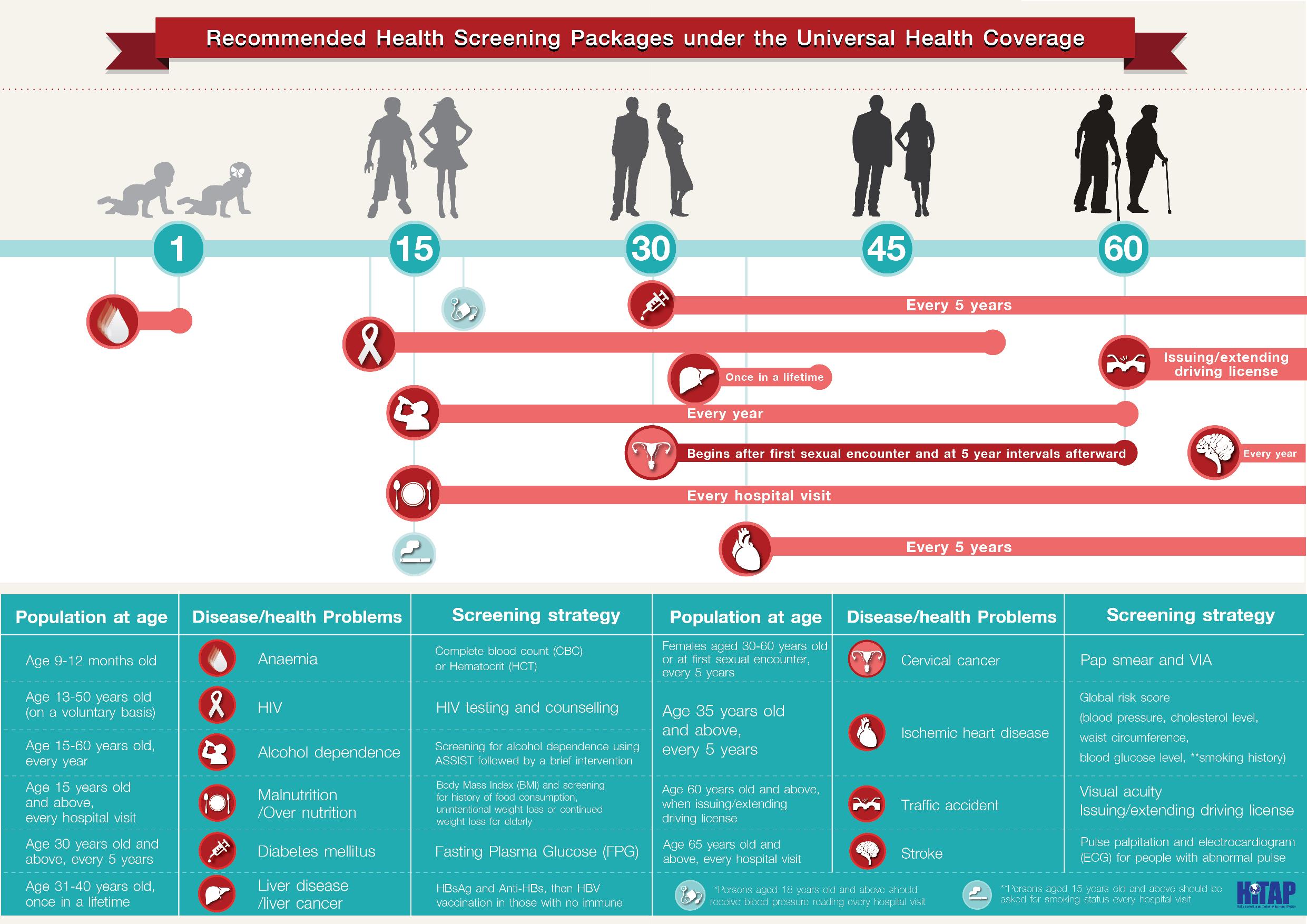More and more, private health care is promoting health checkups. The more tests the consumer takes the higher the costs are incurred. Nevertheless, expensive tests cannot guarantee better health outcomes. Evidence even suggests that some tests such as prosthetic-specific antigen tests have definite harms that outweigh the benefits due to over diagnosis and over treatment.
Meanwhile, some countries allocate public resources towards population health screening to ensure that everybody who is eligible receives the tests regardless of their ability to pay. This is because the government has a big assumption that screening followed by early treatment will yield better health gains or save cost from late treatment.
To academics and technical advisers, what are you going to do if the government asks what should be included in the benefit package for population based screening in your own setting. This question poses a big challenge given a hundred or if not thousands of tests available in the market for every disease.
The Health intervention and technology assessment program (HITAP), a member of the International Decision Support Initiative (iDSI), proposed one solution that combines policy process and technical evidence to address this question. They start with narrowing down the scope by ranking and prioritizing the top twelve health problems using stakeholder consultations. Clinical experts and industries play a major role in identifying possible screening interventions and early treatment for each prioritized health problem followed by health technology assessment in order to assess clinical benefit, value-for-money, feasibility and ethical implications.
The study resulted with a set of eleven population based health screening for the Thai population based on age, sex and frequency of screening. The recommendation has been adopted by the Thai government and the implementation started in October 2015.
The results of the study may not be transferable in other settings. However the approach is likely to be applicable to others. This case study affirms iDSI key principle in applying technical work in the policy process to address specific problems faced by national authorities. As a result, capacity building of the local stakeholders including decision makers and technical advisors grew at the heart of iDSI work.
For more details on the study please visit the following journal publication:
